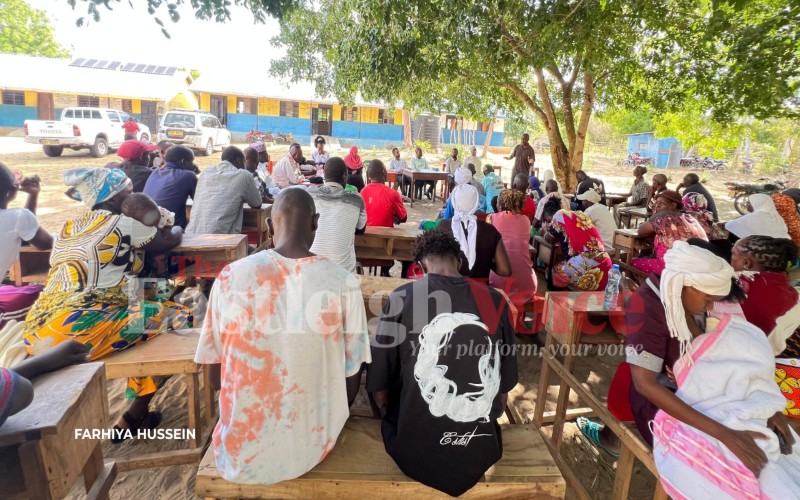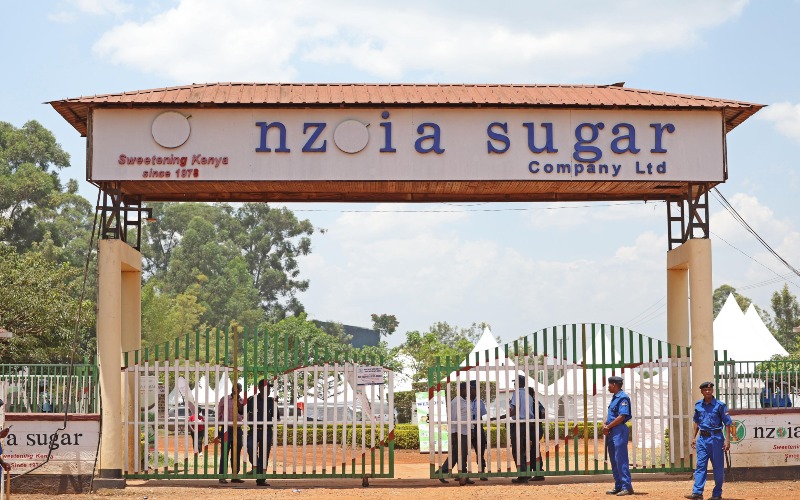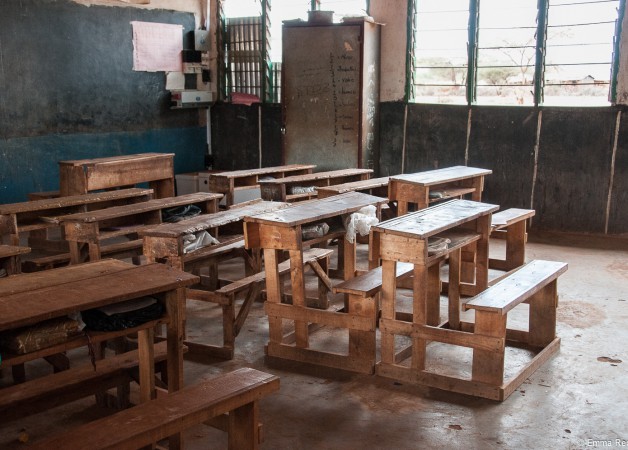Surge in global conflicts reaches levels not seen since World War II
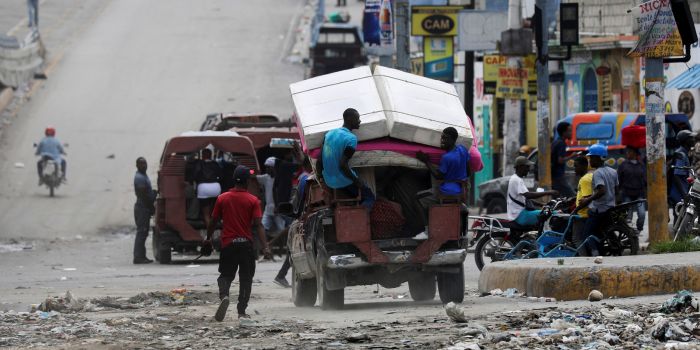
Kenya, Uganda, Djibouti, Zimbabwe, South Africa, Burundi, Nigeria, and Burkina Faso were among the Sub-Saharan countries with declines in peacefulness.
The world is experiencing a surge in major conflicts, according to the 2024 Global Peace Index (GPI) by the Institute for Economics and Peace (IEP), with 97 countries facing a deterioration in peacefulness this year.
The report released in June states that 65 countries recorded improvements in peacefulness, among them El Salvador, the UAE, and Myanmar.
Haiti, which has been in turmoil since President Jovenel Moise was assassinated on July 7, 2021, was among the countries that experienced deterioration, along with Israel and Palestine, where a war has taken place since October 7, 2023.
The conflicts in Gaza and Ukraine were major contributors to the global decline in peacefulness, with battle deaths in 2023 reaching 162,000.
In the GPI, the scores are on a scale of 1–5, with 5 representing a high degree of violence in a nation.
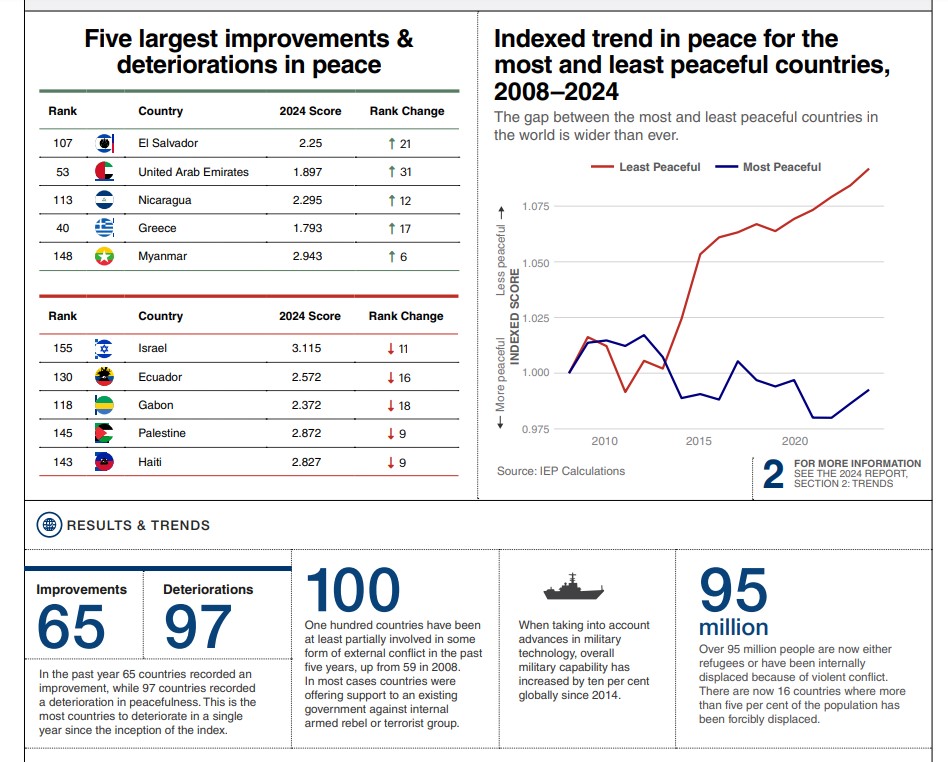
In sub-Saharan Africa, Tanzania, Rwanda, the Republic of the Congo, Eritrea, Ethiopia, the Central African Republic (CAR), Somalia, Mali, the Democratic Republic of Congo (DRC), and South Sudan were among the nations with improved peacefulness.
Mauritius was classified as the most peaceful in the region, for the 17th consecutive year, while South Sudan was the least peaceful, but there was some improvement.
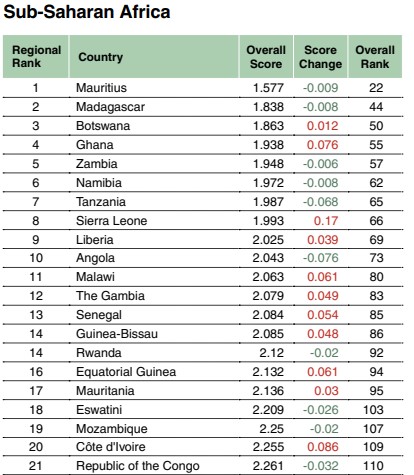
In the case of Ethiopia, the report said the country "recorded the largest improvement in peacefulness in the region, because of the Tigray ceasefire agreement that resulted in a large fall in the number of deaths from internal conflict."
"There were just under 2,300 conflict-related deaths in 2023, down from over 100,000 in 2022 when Ethiopia was the country with the highest number of conflict deaths. However, despite the fall in the intensity of conflict, the security situation in the country remains fragile," it said.
It cited reports of mass killings by multiple parties across several different regions in 2023 and the state of emergency in the Amhara region, which saw the federal government intensify its military presence and implement curfews, mass detentions, and militarised patrols.
Kenya, Uganda, Djibouti, Zimbabwe, South Africa, Burundi, Nigeria, and Burkina Faso were among the Sub-Saharan countries with declines in peacefulness.
Overall, in terms of sub-Saharan Africa, the report noted, "Conflicts in the region continued to spill across national borders, reflected by a deterioration on the external conflicts fought indicator. In the past five years, 36 of the 44 countries in the region have had some level of involvement in at least one external conflict.)
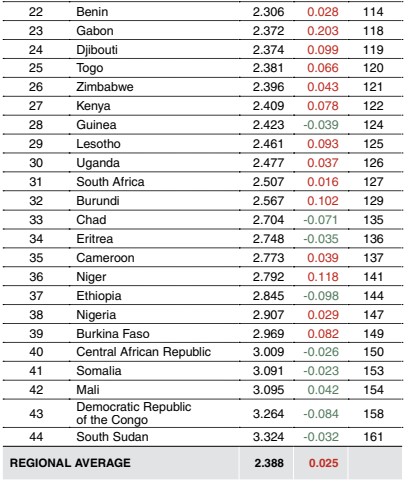
The report indicates that 92 countries are presently engaged in conflicts beyond their borders, the highest number recorded by the GPI and a major threat to global peace and stability. Globally, there are 56 active conflicts, the highest number since World War II.
The growing number of minor conflicts also raised concerns about the potential escalation into major conflicts. For instance, Ethiopia, Ukraine, and Gaza were classified as minor conflicts in 2019 but have since escalated.
Last year, at least 162,000 conflict-related deaths were recorded, the second-highest toll in the past three decades, with Ukraine and Gaza as significant hotspots. Ukraine alone accounted for over 83,000 deaths, and Palestine recorded at least 33,000 deaths up to April 2024.
The first four months of 2024 alone saw 47,000 conflict-related deaths worldwide.
The IEP warns that if this trend continues, it could result in the highest annual death toll since the Rwandan genocide in 1994. The UN reported that 800,000 Rwandans were killed in the first three months of the genocide.

The report shows that the economic impact of violence surged to $19.1 trillion in 2023, or approximately $2,380 per person, equivalent to 13.5 per cent of the global domestic product (GDP).
This marks an increase of $158 billion from the previous year, primarily driven by a 20 per cent rise in GDP losses due to conflict.
The wars have also led to a surge in militarisation, with the GPI noting the largest annual increase in militarisation, with 108 countries affected. A new military scoring system indicates that US military capabilities are up to three times higher than those of China.
In terms of refugees, the report stated that at least 110 million people are either refugees or internally displaced due to violent conflict, with 16 countries hosting more than half a million refugees each. Refugees have experienced the largest regional decline, driven by rises in violent crime and fear of violence.
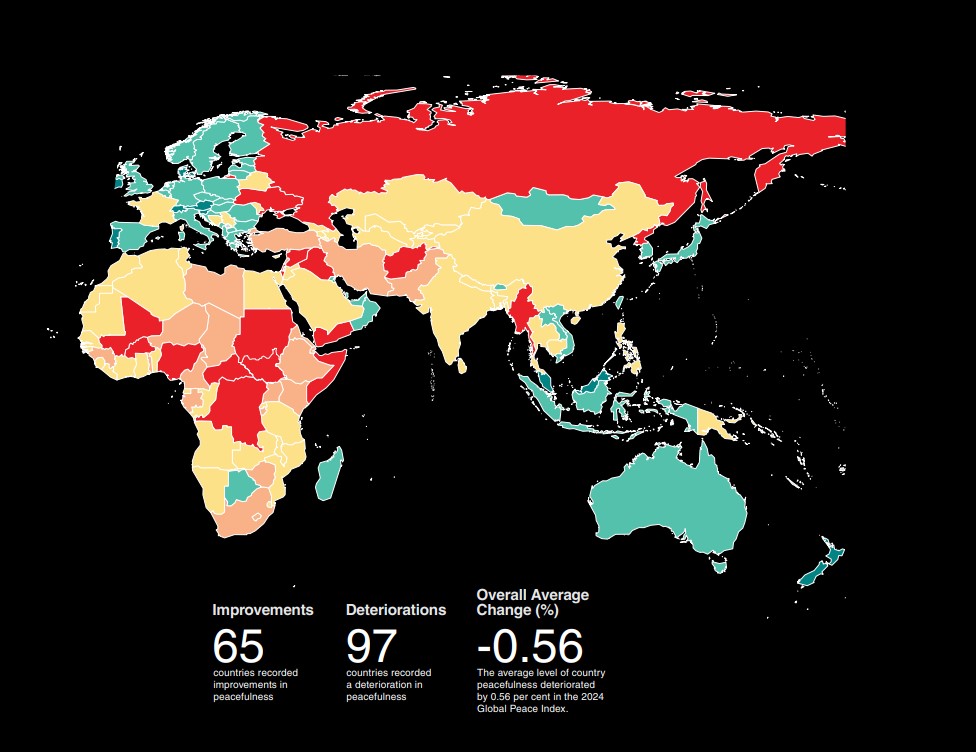
The conflict in Sudan has caused widespread displacement, with over four million people now internally displaced or seeking refuge in neighbouring countries. The ongoing civil war has devastated communities, with the Darfur region particularly hard hit.
In the Democratic Republic of the Congo (DRC), violent clashes between armed groups and government forces have led to the displacement of nearly six million people, creating one of the world's most prolonged and complex humanitarian crises.
The index highlights the urgent need for global cooperation and strategic intervention to mitigate the risks of escalating conflicts and their far-reaching impacts on peace, security, and economic stability.
The rising displacement figures highlight the human cost of conflict and the critical importance of international efforts to support those affected by violence.
Top Stories Today








